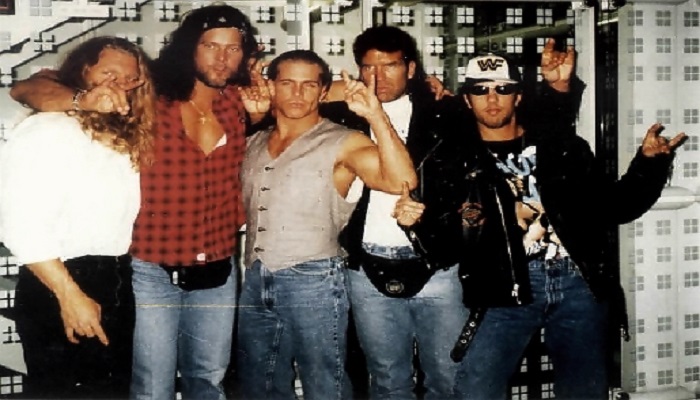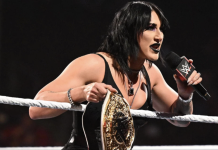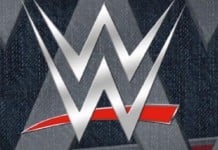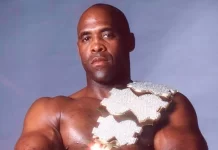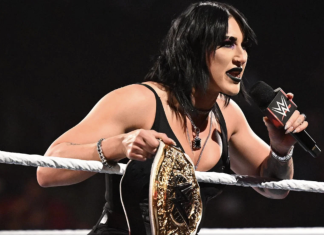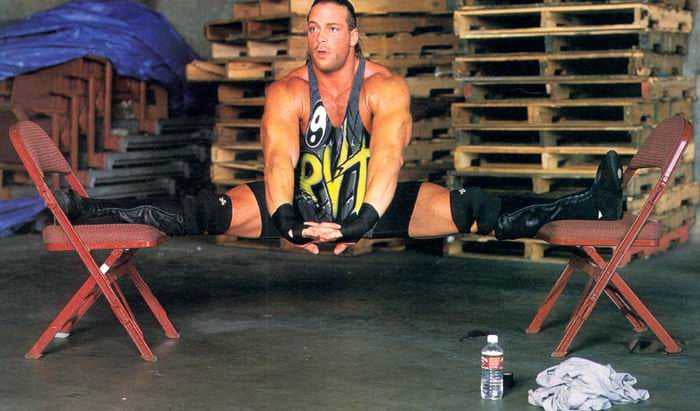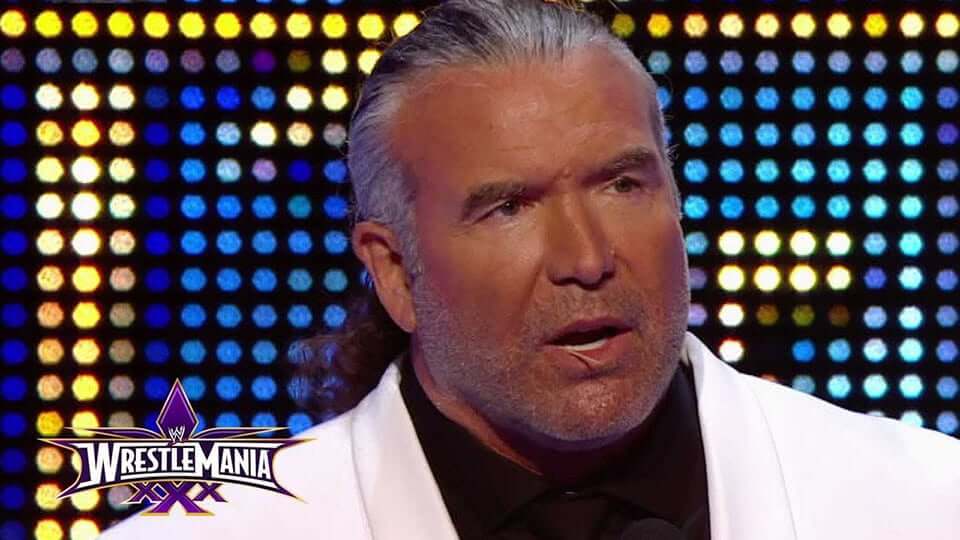WWE.com has an interview up they conducted at the 2014 Hall of Fame ceremony with the Kilq. Below are the highlights that focused on the famous Madison Square Garden Curtain Call:
WWE.COM: Did you guys plan The Curtain Call ahead of time or did it just kind of happen that night?
SHAWN MICHAELS: It was talked about in Europe then it was never talked about again. We had done a European tour, then we came back and had this last run. For us, not that we needed a reason to celebrate something, but everything was the last time we’ll be doing this, the last time we’ll be doing that. Then, that night, as best as I can recall, it was Hunter coming up and going, “Hey, are we doing that thing we talked about?” I don’t think anybody remembered it.
NASH: I walked in and talked to Vince and Pat [Patterson]! You [points to Michaels] were with me and he said it was fine and we were supposed to go to [New York City steakhouse] Smith & Wollensky afterwards. And it just turned into a thing…
WWE.COM: Before we get into the fallout, let’s talk about the incident itself. What do you remember about that moment at the end of the night?
SCOTT HALL: I remember standing in the ring and we’re all there together. It was unheard of, but the people appreciated it. I remember looking at Kev, we’re all hugging and I remember thinking we all made it.
NASH: I remember — and I think we may have even said it in the ring that night — that we weren’t disbanding The Kliq.
MICHAELS: We were taking over the business.
NASH: We’re going to go down south and take over Ford Motor Company. You guys run GM and we’ll run the automobile industry.
MICHAELS: I remember Vince came up to me after and said, “Did that mean a lot to you?” I said, “Yes it did.” “Then it meant a lot to me.” And he was fine. It was fine that night.
WWE.COM: So there weren’t any locker room blowups that night?
MICHAELS: It was not a big deal until it became a big deal. It didn’t become a big deal to us until it became a big deal to Vince.
NASH: What you have to realize is this is before the Internet was what it is now. This is an era where even though that happened it wasn’t like it went viral, you know? People didn’t even have cell phones.
MICHAELS: What happened was the same thing that happened a lot of times — [Mr. McMahon] on the ride to wherever, getting phone calls. Honestly, it was big to the old timers in the locker room before it was big anywhere else.
NASH: It exposed the business.
MICHAELS: We were of the mindset that people understood what the business was, the entertainment aspect. All the stuff we do now we were trying to convince them to do back then. You know, pull the veil back a little bit. Everybody knew we were all real friends. We didn’t see the harm in doing that.
SEAN WALTMAN: We had that different mentality before everyone else caught up. We can do this and it’s not going to hurt the business.
MICHAELS: A lot of the traditional guys did not like that. [Mr. McMahon] had to put the hammer down.
NASH: One thing I want to say is that situation and those actions were never done with malice.
WALTMAN: No way.
NASH: It was four guys that had spent a lot of miles, a lot of hours and a lot of our lives, [and we were] saying goodbye.
HALL: On the other side of the coin, I understand the talent that was still there thinking, “What’s with these dudes? They’re leaving and they’re trying to hurt us.” That wasn’t the way it was. Sorry, man, we stayed out there a long time because the fans were cheering. Had they not cheered, we’d have left. It became really emotional.
MICHAELS: I look back at a lot of the stuff we did and I [understand] the heat. It’s not like we worked really hard to try and endear ourselves to people [in the locker room].
WALTMAN: As long as we liked each other.
NASH: We had five of us. I don’t need more than four friends.

